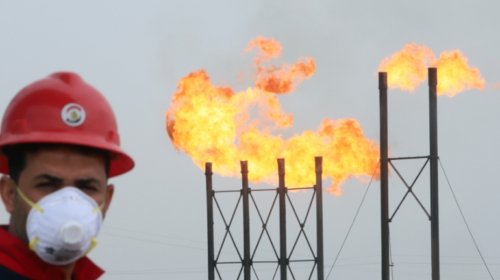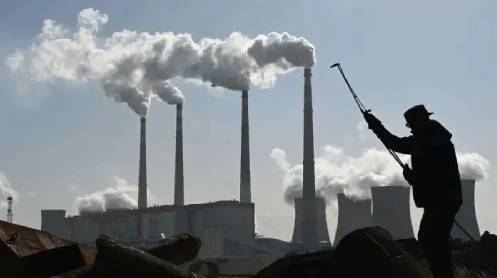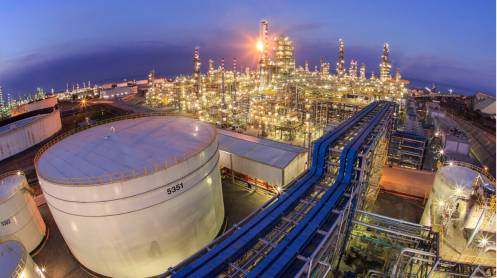The Sui Northern Gas Pipelines Ltd (SNGPL) on Friday said it would connect new gas fields, discovered near North Waziristan and Lakki Marwat areas of Khyber Pakhtunkhwa, to the system within the next fiscal year, which would help fill demand-supply gap.
The Board of Directors of SNGPL in their meeting, dated June 16, 2022, approved the project to lay a 295km-long pipeline from the new gas fields to the state-owned company’s transmission network injection point.
The estimated cost of the project is Rs23.4 billion, while it is expected to be completed within FY2022-23.
According to a statement, pursuant to the discovery of new gas fields, the operators of fields have approached SNGPL for laying infrastructure/pipeline for injection of this gas into the company’s transmission system/grid.
These gas fields are estimated to produce around 50-70 million cubic feet per day (MMCFD), which will help bridge the supply and demand gap in the country, the announcement added.
This discovery has been termed a good omen for a country like Pakistan, where obsession with natural gas is a reality to the extent that it is used for cooking, heating, power generation, fertiliser manufacturing, etc.
That is why Pakistan has been dubbed as a natural gas economy.
In order to increase domestic supplies, sizable discovery of natural gas is vital. It is also a hugely cost-effective option as imported LNG is way too costly nowadays due to multiple reasons.
According to an estimate, the price of indigenous gas has been pegged at $4 per million British Thermal Unit (MMBTU) against prevalent spot prices of a whopping 35 to 40 MMBTU.
The global supply crunch owing to the Ukraine-Russia war is pushing energy cost to unimaginable levels, necessitating more focus on domestic gas discoveries.
It may be noted that Pakistan has been hit hard by rising fuel costs.
The dependence on imports for meeting domestic demand has been on the rise since 2015 when the first import terminal was set up.
The country’s liquefied natural gas (LNG) import cost has been projected to touch 5.0 billion dollars in 2021-22. It has already increased 83 percent to $3.7 billion in the 10 months ended April, according to government data.
In order to increase imports, Pakistan is considering signing long-term LNG gas purchase agreements with various countries including Russia in a bid to secure supply and ease a crippling shortage. Similarly, the country is trying hard to buy spot cargoes from the international market.





